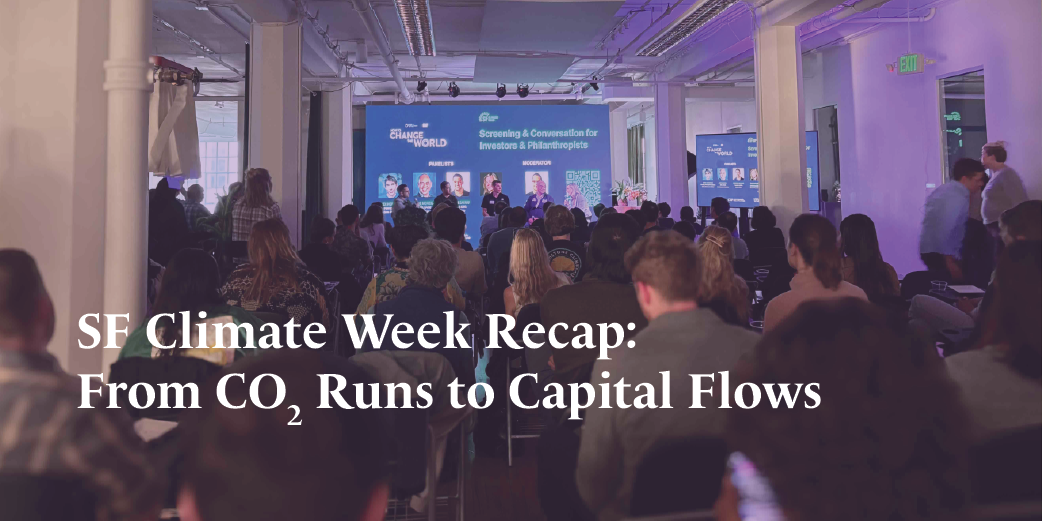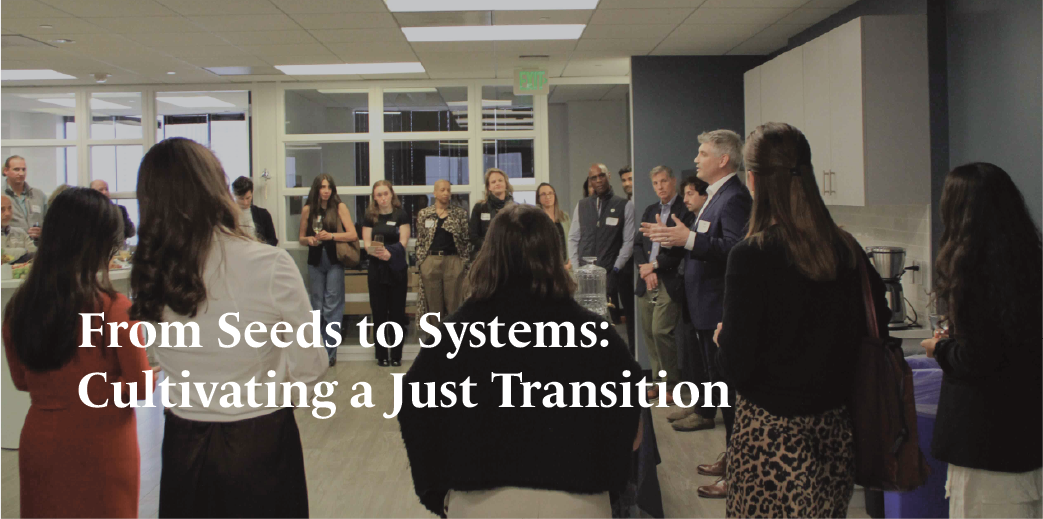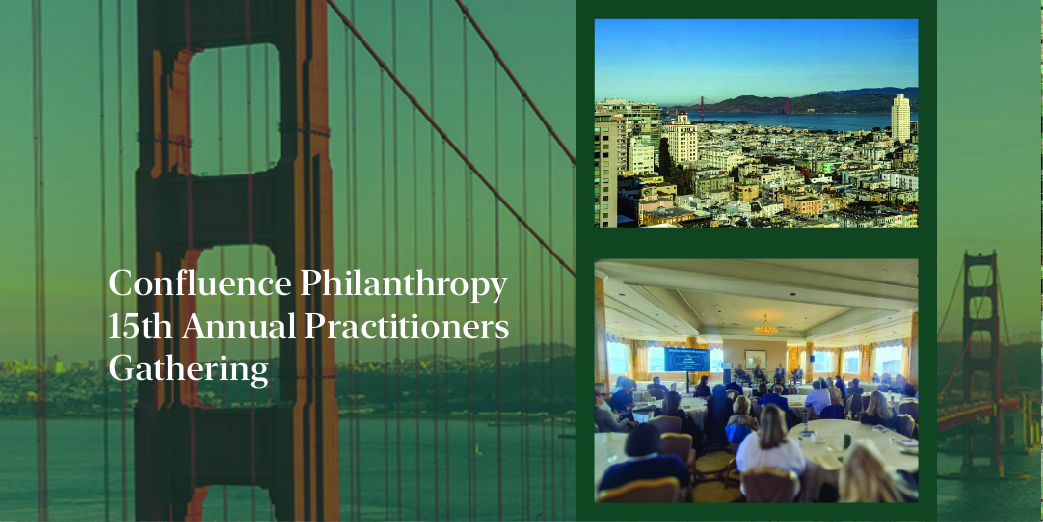Seattle Impact Investing Group
October 30, 2013
Inspired by the luncheon that One Pacific Coast Bank hosted recently I am curious to learn more about Sonen Capital’s efforts and to investigate if there are other foundations out there, in addition to KL Felicitas, that are trying to align their entire portfolio with their mission. Here are some of my findings:
“Sonen Capital, a social & environmental impact investment firm, in collaboration with the KL Felicitas Foundation, announced the launch of the first-of-its-kind report detailing the financial performance of an impact investing portfolio.”
The report, titled Evolution of an Impact Portfolio: From Implementation to Results demonstrates to investors that impact investments can compete with, and at times outperform, traditional asset allocation strategies while pursuing meaningful and measurable social and environmental impact results.”
Additionally, I found that F.B. Heron has embarked on a similar mission, the spirit of which is reflected in this very passionate piece by Clara Miller, President, of The F. B. Heron Foundation.
The World Has Changed and So Must We
A Rude Awakening
Like other American foundations, The F. B. Heron Foundation has for years focused on helping families at the bottom of the economic and social scale — inheritors of persistent poverty, racial and ethnic discrimination, social and geographic isolation, and various failures in markets, social policies, and safety nets. The goal has been to equip them to join what progressive reformers confidently called “the main stream.” As have others, we have concentrated on helping lower-income families purchase homes and acquire assets, the cornerstones of the “ownership society” that was one of few values on which the American left and right could generally agree. We also sought to help disadvantaged families develop the financial skills necessary to save, borrow wisely, manage budgets and assets, and survive periods of economic stress. These were all useful, often successful efforts. But they were based on a view of social need that presumed the existence of a healthy and growing labor market — a reliable main stream that, if it could be entered, would flow steadily toward prosperity, or at least toward fair opportunity that provided employment and with it, steady income.
That view had become comfortable for foundations and government alike, for two reasons. First, for a few decades it was true, and many families and communities were made materially better off by the opportunities that this approach helped to open up for them. But second, this view was soothing because we had grown used to it, and it carried the reassuring promise of a happy ending — a persuasive connection between philanthropic, for-profit and government initiatives and expanding economic and social opportunity on which a generation of orderly Logic Models and Theories of Change relied.
This calm contentment has been shattered: more Americans experience poverty today than at any time in the 53 years the Census Bureau has published such figures, and in 2010 the percentage of Americans living below the poverty line (a household income of $22,314 for a family of four) was at its highest level since 1993. We have come to conclude that unfortunately, our comfortable habit appears to have outlasted the accuracy of the premises on which it was founded, and in the process has grown less useful year by year. The world has changed, and so must we. It’s time for a new approach.”
See the full article on Seattle Impact Investing Group.


